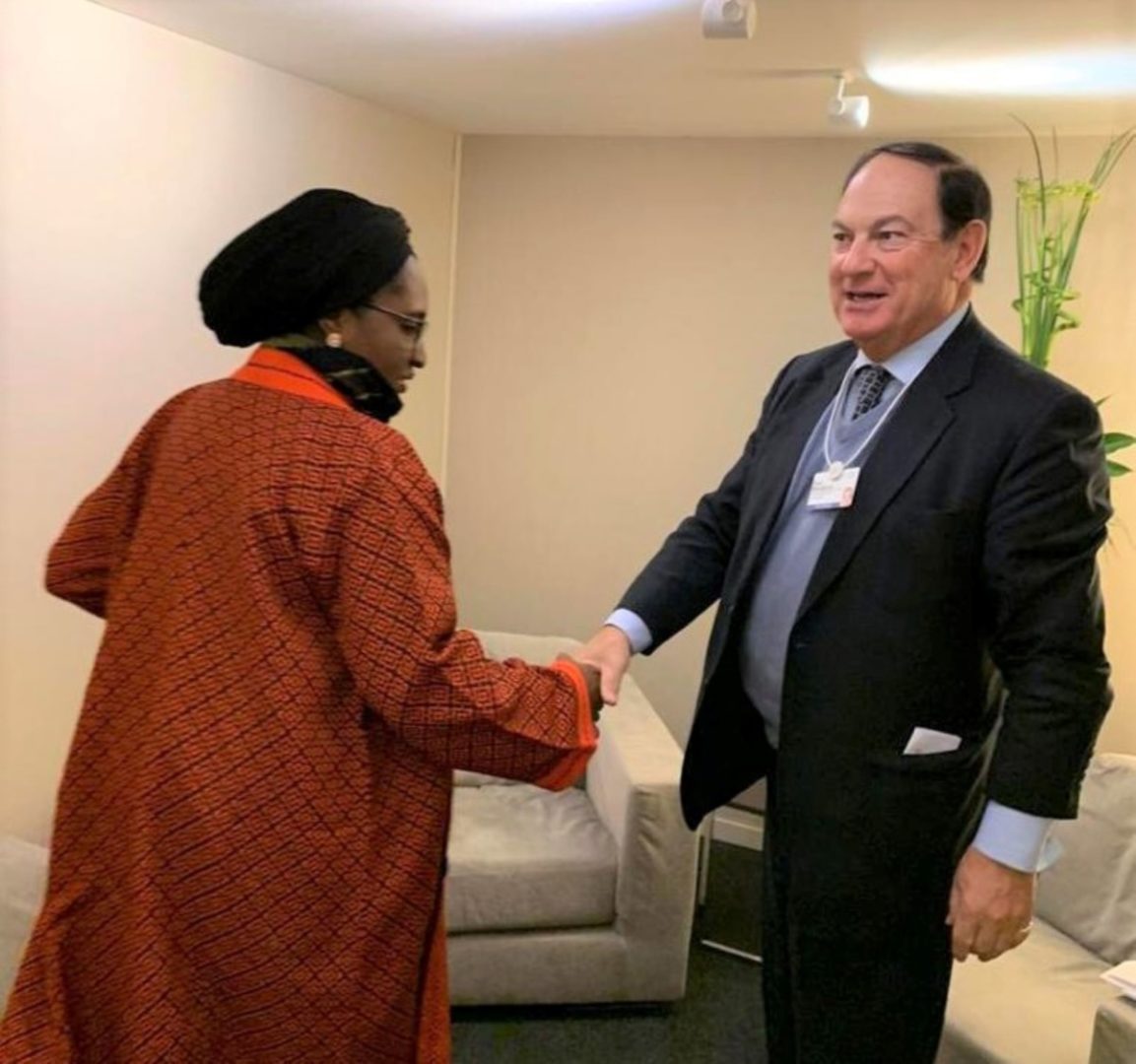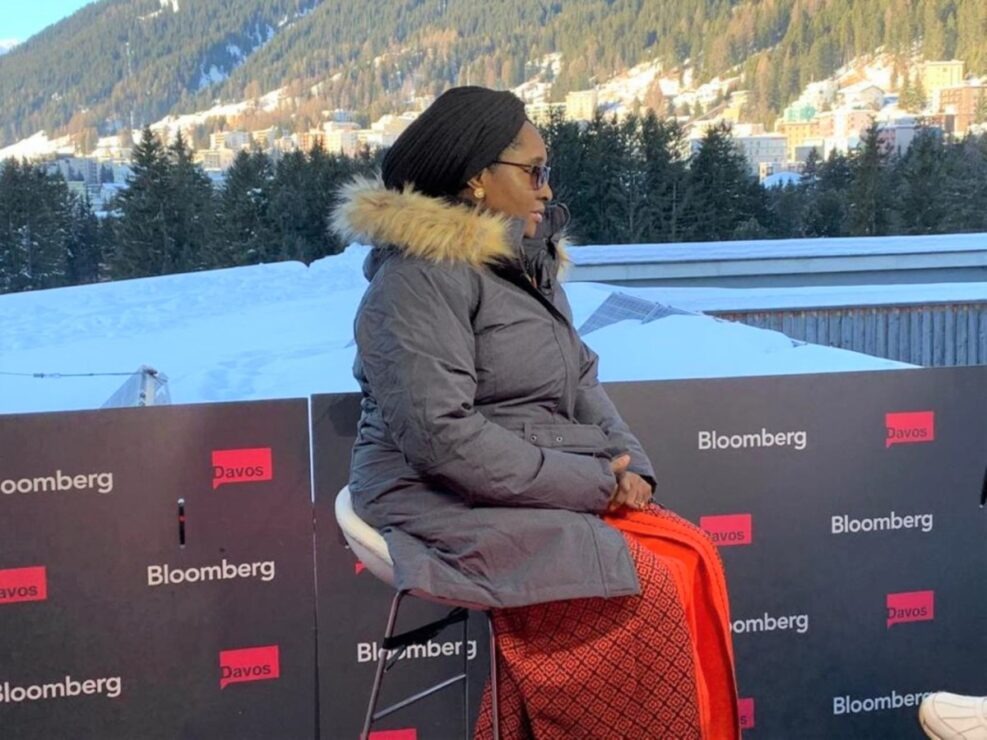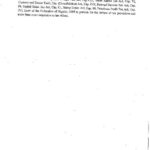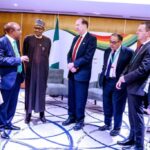In an exclusive interview on the Arise Africa programme of the Arise TV, the Hon. Minister of Finance, Budget and National Planning, Mrs. Zainab Shamsuna Ahmed, at the standup area at the top of the main staircase of the conference center at the World Economic Forum in Davos, bares her mind on a couple of issues, specially bordering on the Nigerian economy. Excerpt:

Let’s first look at the World Economic Forum conference ending tomorrow … looking at the agenda and sessions you have attended what are some of your initial impressions?
Ans: What has been useful for me is to sit through the sessions that speak to financial sustainability and financial inclusion. We also have met with several groups including insurance companies and some countries that we feel we can have a good relationship with. I met with the finance minister from Qatar and there were also a more later on meetings we had with the Emirates. We have had some meetings that were bilateral. I also was at a meeting where I sat as a panelist, and we discussed issues around the growth of Africa. There is a new Africa growth platform that Nigeria was invited to and we discussed a lot of issues that are common to African countries and also a lot of opportunities that we have to address especially financial inclusion, using Fin Tech and a lot digital platforms to address public financial management and also provide more resources for majority of our people.
With regards to Africa growth path… some of those bilateral agreements that have potential to take place, what do you hope for Nigerian future?
Ans: One hope that I am taking away from here is that we have an opportunity to interact with the government of Qatar. They have a very large Sovereign Wealth Fund that is interested in investing in African countries, and looking at Nigeria as an option. So, we will follow up through very quickly by putting together a team including the Nigerian Sovereign Wealth Authority (NSWA), the Trade Authority as well as also on the fiscal side, to sit with them and discuss both green and brown projects. They have indicated interest in some certain areas of the Nigerian economy. So, we intend to advance this discussion very quickly.
Let’s look at Nigeria now … you have now been associated with the phrase “Nigeria does not have a debt problem but a revenue challenge” in your defense of the growth in debt … can you explain why we should not be saying instead …Nigeria has both a debt and revenue challenge?
Ans: Well, Nigeria has a revenue problem and not debt problem. Our debt today is still just 19 percent of our GDP. The World bank/IMF recommends that an economy the size of Nigeria could have a borrowing that is up to 50 percent of the GDP. Why I call it a revenue problem is because our revenues are underperforming and therefore debt service obligation is a struggle for us. To address that, we are working to increase revenue, and we are also working to reduce our cost of borrowing by refinancing our older domestic loans that are quite expensive in terms of rate and also expanding the tenor so that the debt payment obligation becomes easier.
In the last three years … the trends seems to be that Nigeria has not met its revenue targets …barely crossing the 50% mark. What will be different in 2020 … are we putting all our hopes on the new tax bill?
Ans: All of the key ministries, departments and agencies are working towards increasing every revenue aspect that they handle. Yes, we do have some in the Finance Act 2019 to the extent that we have increased Value Added Tax (VAT) which is more largely in favour of States by the way rather than the federal government. But we also have the parliament passed the production sharing amendments to the contract that will be seeing Nigeria realize US$1.5billion. Even though the Finance Act has reduced taxes, in fact zero taxes for the smallest enterprises, and reduce taxes from 30% to 20% for businesses that have turnover of between N25million and N100million, we still believe that with this incentives, that more businesses will do better and will now be in the tax bracket that brings them to pay more taxes to the government.
Indeed many are actually congratulating Nigeria on the tax reform and embracing e-government. The newly passed Finance Act is full of good intensions and we await the implementation guidelines. But what can you tell Nigerians to ensure well executed implementation and the citizens are helped with orientation, automation and necessary support to pay these taxes as it is best practiced all over the world?
Ans: The Federal Inland Revenue Service (FIRS) board has just been inaugurated last week. They have hit the ground running. One of the things that have been done even before the board was inaugurated is the review of the electronic platforms that they have been using. FIRS is fine-tuning its i-tax as well as other tax platforms that they are using for the purpose of collection of taxes. For example, they have a process now where VAT collection is automated; when you are making payment for things like tickets as well as payment for hotel services and in large supermarkets. In the past, those payments that all these businesses collect are remitted to FIRS may be a month after. But now FIRS has a view of them because the process is automated and they are able to know exactly what those outlets have collected. So, we are planning to expand a lot of these automations to include also payment of excise duties, also using electronic platforms.
How can Nigeria do better to attract Foreign direct investments (FDI) inflows … performance on FDI in the last few years has not been good?
Ans: On the contrary, FDI performance has been good. In Nigeria in the last couple of months, we have seen some attritions. So some investors whose investments have matured have gone out because of better rates somewhere else. This is not because there is a problem in Nigeria. And then in the past three weeks, we have also seen a turn that FDIs are actually coming back. But then again, this is not unique to Nigeria. In every emerging country, we have FDIs coming in and out for a better rate somewhere else. With all the efforts that government is making, including showing positive result on the ease of doing business, providing a number of incentives, trying to now make payment of taxes a lot easier for people, and also automating the tax collection, it is good for businesses because they now have better predictability with which they are able to plan well.
You mention the ease of doing business and we are quite far down in the ease of doing business report that came out late 2019. How can we improve our rating?

Ans: The good story is that the movement is forward. They last measurement for Nigeria was 149; so we have moved up 15 places to 131. There is a lot of effort now to work with the States because the measurement cannot be just at the federal level alone. So far, we have three States that are doing well and are moving forward. We are working with the States so that they can do more, and that will improve the measurement on the ease of doing business rating.






